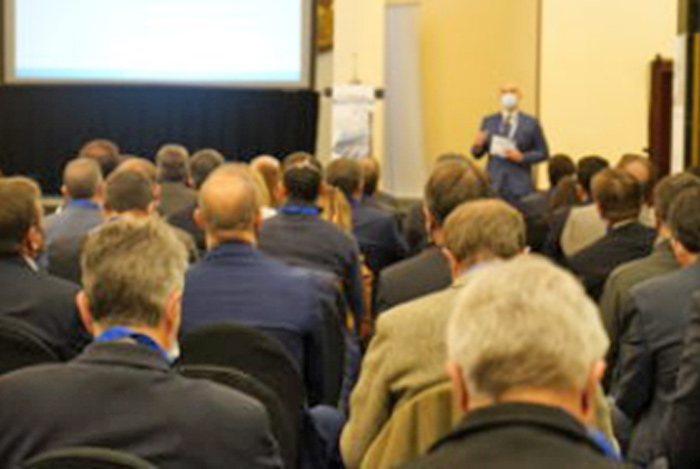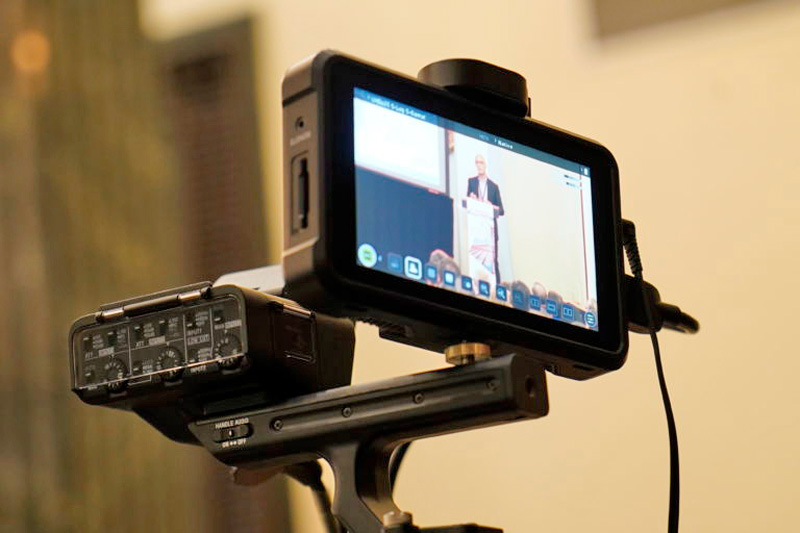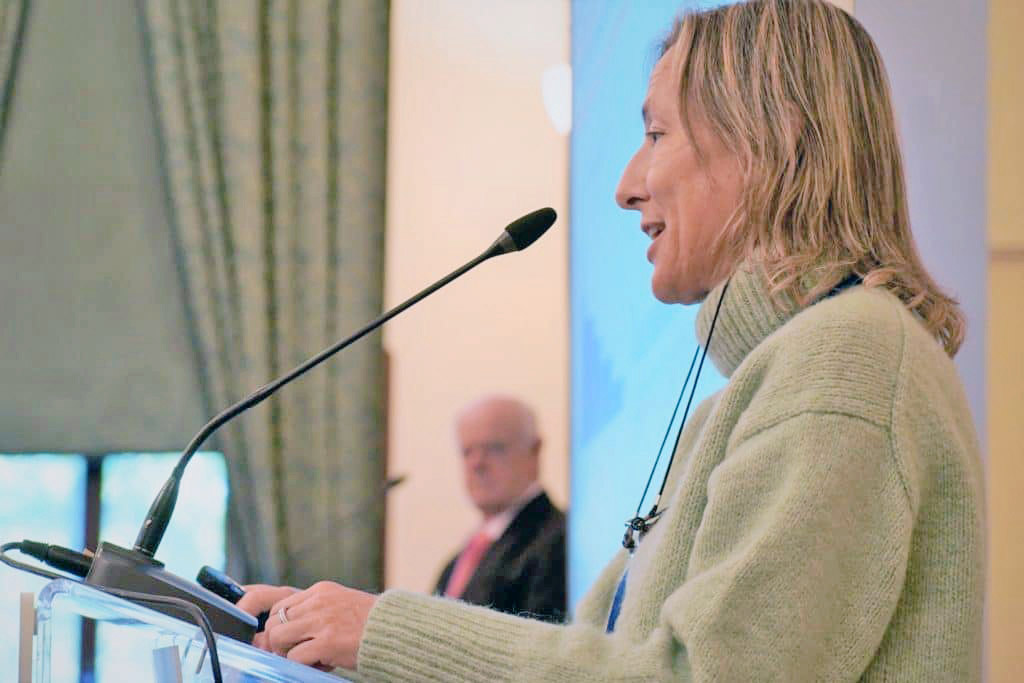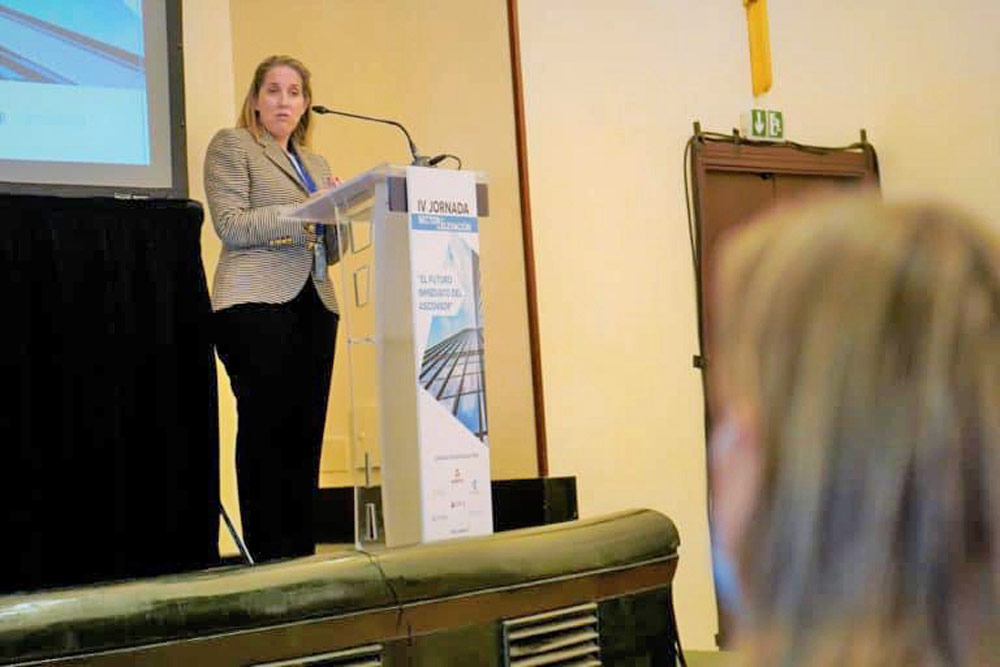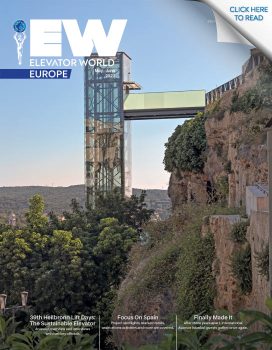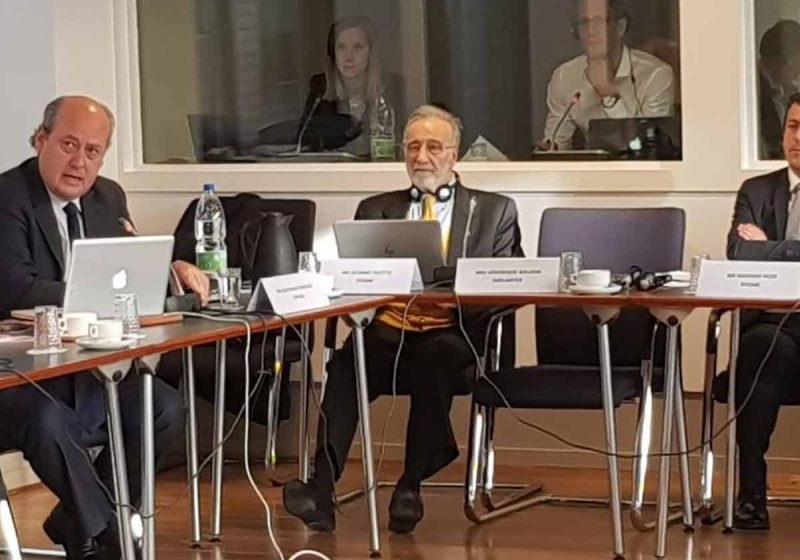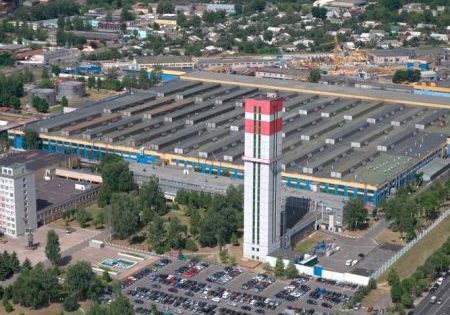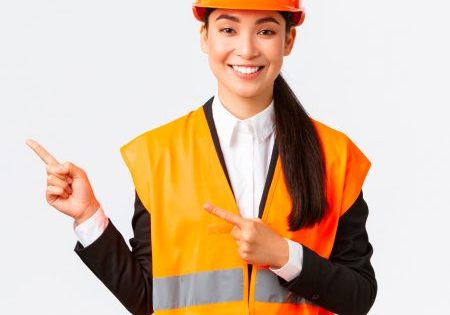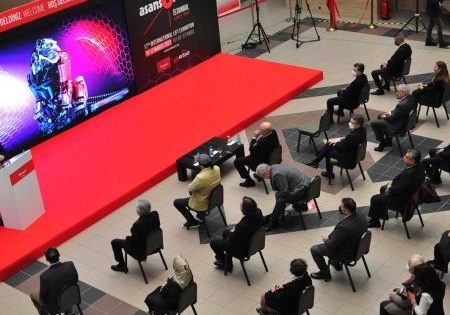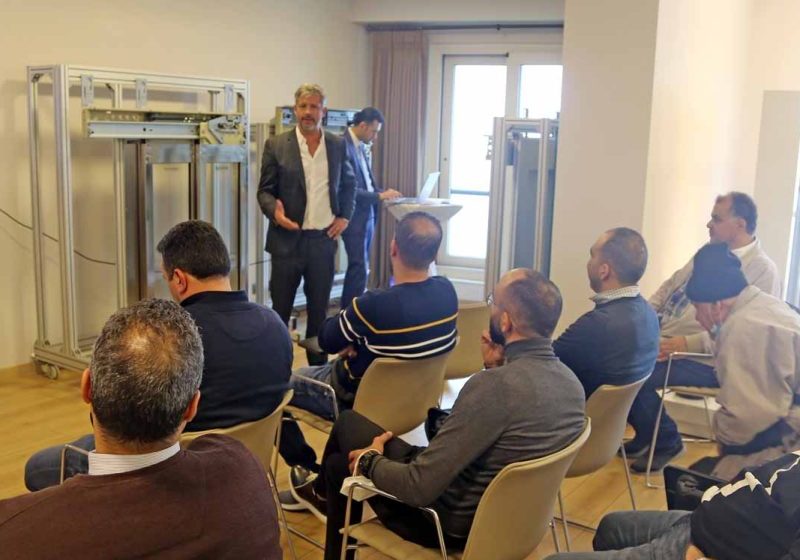“The Immediate Future of the Elevator”
Jun 13, 2022
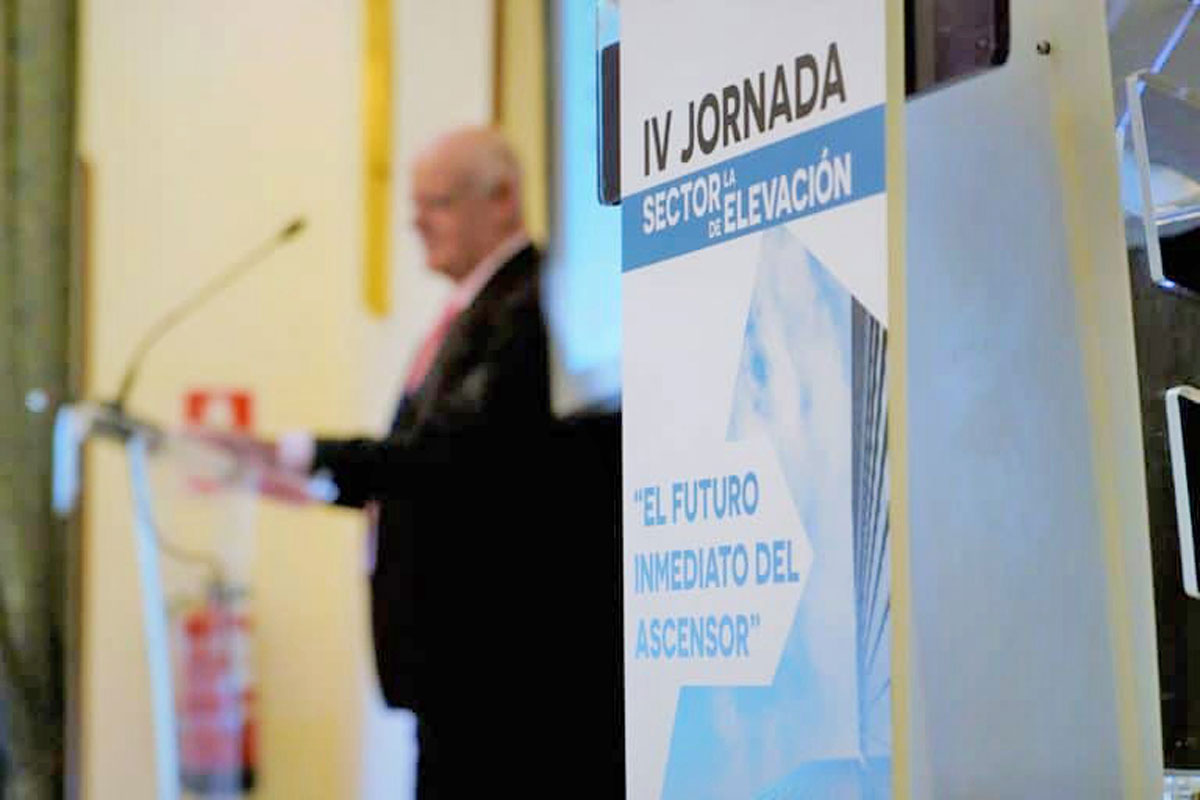
FEEDA conference reflects on new ITC for elevators, European funds and the certification of technicians in the sector.
by Olga Quintanilla Marful
The draft of the new ITC regulations (Complementary Technical Instruction) for lifts, digitization, the Next Generation European Funds, and the necessary certification of technicians in the sector were the focus of the latest conference on the elevation sector organized by the Spanish Elevator Business Federation (FEEDA), which was held in Madrid.
This fourth conference was held in November 2021 under the title “The Immediate Future of the Elevator” and focused extensively on the draft of the new Complementary Technical Instruction (ITC) AEM1 “Elevators” of the Regulation of lifting and handling equipment that was approved by Royal Decree 88/2013. This draft began its first steps in December 2020 with the opening of a public hearing so that the different entities in the elevation sector could make their contributions to it.
José Antonio Delgado-Echagüe Sell, head of the Industrial Safety Area of the General Subdirectorate for Quality and Industrial Safety of the Ministry of Industry, who was invited to the event, stressed that the next regulation of the ITC “will regulate the minimum technical conditions” that will result in an improvement in the safety of existing lifts and, therefore, in what concerns the safety of users, goods and the environment.
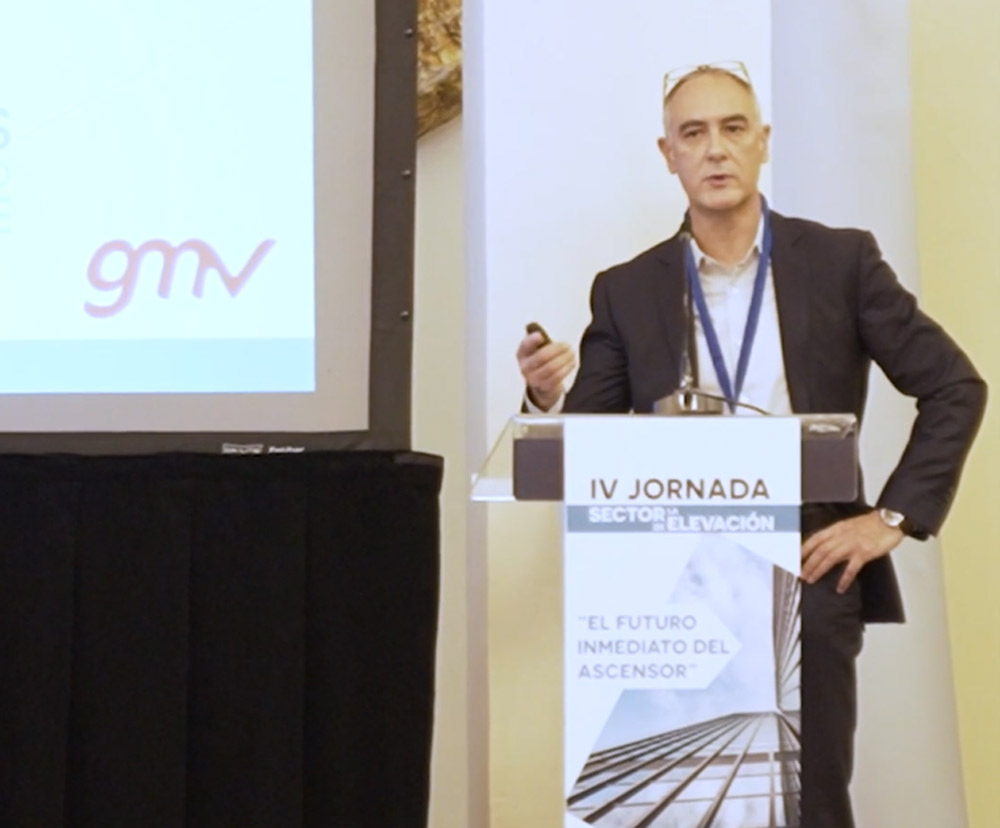
Likewise, he stressed that it will mean “updating maintenance procedures and periodic inspections,” in addition to allowing an exhaustive monitoring of the evolution implied by the technology that elevators incorporate. On the other hand, and no less importantly, he indicated that the ways and terms in which maintenance reviews must be carried out will be reconsidered. Delgado-Echagüe quantified the economic impact of the implementation of the ITC at approximately EUR708 million.
In relation to the draft phase of the new ITC regulations, sources from the FEEDA Legal Department have assured your author that, as of mid-February, “the Ministry of Industry has not yet confirmed the sending of the draft to the Commission Union for review and subsequent approval. News is expected in the coming weeks.” This fact supposes a delay in the approval of the ITC until the end of 2022 since, according to the bureaucratic deadlines, it was foreseen that the new ITC could be enforced beginning next July.
Ramón Frauca, president of the Legislation and Regulations Committee and of the Lifts and Escalators National Technical Committee (CTN 321), presented the positive and desirable aspects regarding the ITC draft regulations. Thus, among the most favorable issues, he mentioned the improvement of safety, the uniformity of inspections at the national level according to the categorization of defects, the certification of conservation technicians through accredited entities and the attribution of a “responsible” holder of the custody of the documentation in relation to the commissioning and maintenance record of the lift.
Among the desirable aspects, Frauca pointed out the “reliability and visibility of official statistics” in terms of Registry of Elevators’ (RAE) management, the diversity of criteria for high and low lifts, conservative companies, Authorized Control Organisms (OCA) and inspections.
Frauca also opted for the creation of a barometer of evolution of the sector at national and regional levels that registers the number of periodic inspections per elevator, expired inspections, serious and very serious defects, as well as accidents. For Frauca, the importance of efficiently articulating the information available at the national level on the safety of the elevation sector is a priority.
Digitalization was another of the major thematic focuses of this FEEDA conference. Miguel Hormigo, director of GMV’s Secure e-Solutions Industry Sector, presented on this topic. He focused on digital transformation and energy efficiency to achieve digitalization in vertical elevation. He stated that AI has already been applied in this sector through cognitive intelligence, intelligent self-service (chatbot), service aggregators, and low code platforms and intelligent software for the development of services and tools.
Hormigo also alluded to Digital Twin technology in the field of vertical lifts, which would mean developing a digital replica of the physical lift and thus connecting the online and offline world. With this modality, “real” simulations could be carried out, and a high optimization could be achieved that would affect both design and manufacturing, interaction with third parties, use and maintenance. This technology would avoid the need to build expensive prototypes and result in great financial savings for manufacturers.
Likewise, he explained that monitoring and predictive maintenance will play a prominent role in this sector in terms of data, analytics, trends, prediction, diagnostics, problems, reports and notifications, etc.
Hormigo stressed that customer service will be “essential and will revolve around personalization.” This need for customization will translate into direct contact with the consumer, micro-manufacturing will be applied, listening will be active and the relationship with the customer will be permanent. All this occurs in constant evolution with functional services through platforms and interfaces, new integrations and the cloud, among others; and for the end user, they will obtain more information, shorter wait times, fewer traffic jams, connectivity via App, etc.
Manuel Diez Díaz and Patricio Gómez, general director and commercial director of Innovation and Local Development (IDEL), respectively, presented in the chapter referring to the Next Generation European Funds. In this regard, they explained that the Next Generation EU Funds constitute a European Recovery Fund endowed with EUR750,000 million, of which EUR140,000 million correspond to Spain to be executed until 2026. At 52% of this total for the Spanish territory, in terms of subsidies or direct aid, his would be approximately EUR72,800 million, and EUR67,200 million more in loans. At the moment, the Spanish Government has only requested the first tranche referring to direct aid.
Initially, there were EUR9,000 million in subsidies that were received in August 2021, and in mid-November 2021, EUR10,000 million were requested, which was not to arrive until February 2022. At the end of January, 495 calls were published, of which 306 are already closed. Another 189 remain open or about to open.
Lucía Moltó, director of Corporate Projects and Expansion, Federation of Metal Entrepreneurs of the Province of Alicante (FEMPA), spoke about the certification of people in the figure of the elevator conservator. This is how she alluded to Royal Decree 88/2013 approving the ITC AEM1 “Lifts” of the Regulations for lifting and handling equipment, which establishes the position of elevator maintenance technicians. Moltó pointed out that the qualification channels to carry out said activity are obsolete since “there are hardly any elevator conservators who have a university degree whose plan covers the subject matter of the ITC.” She also criticized the different vocational training (FP) titles that also enable the performance of elevator conservator, since, of the different existing titles, “there are only two current FP titles and nine degrees from old plans (LOGSE and previous).”
In relation to the provision of a certificate of professionalism such as the IMAQ0210 on “Development of maintenance, lifting and transport installation projects,” to hold the position of elevator conservator, Moltó also ruled it out since “it is not adequate without practices of installation and maintenance of elevators.” She also mentioned IMAQ0110 on “installation and maintenance of elevators and other fixed lifting and transport equipment,” which, in her opinion, are “adequate, but with insufficient coverage. It is only taught in 39 centers in 12 autonomous communities and in one autonomous city. Most of the accredited centers do not teach it.”
Regarding the third way to certify elevator technicians, through the recognition of a professional competence acquired through work experience (three years in the sector), Moltó does not consider it valid, either. Thus, she said, “This recognition has insufficient implementation in view of the data contained in the search engine for calls for Recognition of Acquired Professional Competences of the SEPE since 2014, where it can be seen that only 12 competence accreditation procedures have been convened at the national level in eight autonomous communities.”
Following the demands of FEEDA in April 2021, the ITC is modified and a new access route to the sector is established. Royal Decree 298/2021 of April 27 establishes that professionals with different profiles related to industrial safety can resort, among other alternatives, to the certification of people accredited by ENAC to demonstrate their competence in activities required in their jobs. From here on, the certification of people becomes a new option to accredit competence as elevator conservator.
Moltó stated that the certification of accredited persons represents “an internationally recognized tool that will allow professionals to demonstrate that they have the knowledge, skills and aptitudes necessary to carry out their work activity.” Thus, she explained that professionals are evaluated by an independent entity with technical competence through an evaluation process accepted in more than 100 countries, and described in the UNE ENISO/IEC 17024 standard. In this way, it is consolidated in the security sector industry as a tool that will offer all the guarantees to the different public administrations and to the market regarding the competence of installation, repair, verification, maintenance, etc., professionals.
The act was moderated by José Manuel Rodríguez, president of Madrid Elevator Business Association (AEAM). Also present were Francisco González, former general director of FEEDA, and Antonio Pérez, president of FEEDA, who gave the welcoming remarks. José Manuel Prieto, general deputy director of Industrial Quality of the Ministry of Industry, presented the conference. Finally, Mar Paños, general director of Economic and Industrial Promotion of the Community of Madrid, closed the conference and extended her congratulations to the sector for their great work and effort to be innovative, safe, efficient and sustainable.
Get more of Elevator World. Sign up for our free e-newsletter.
